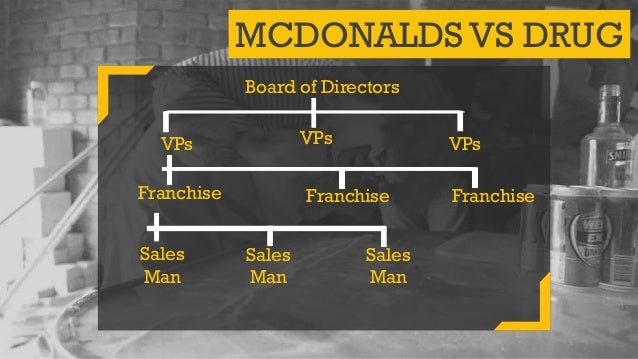| Idris Elba as Stringer Bell |
So what does this have to do with Freakonomics? The chapter I am astounded by asks the question, "Why Do Drug Dealers Still Live With Their Moms?" This exploration was made uniquely possible by an unlikely, but fascinating story. University of Chicago graduate student, Sudhir Venkatesh, was actually able to document the activities of Chicago's Black Gangster Disciple Nation from the inside by virtue of an accidental (and foolhardy) encounter in the stairwell of a hi-rise housing project in which the powerful leader of the branch, only known as J.T., saw to it that Venkatesh was given a "free pass" not only to leave unharmed, but was allowed to return to observe and document the gang's activities for his PhD project.
What Venkatesh learned (especially when given spiral-bound ledger books of the business dealings of the Black Disciples), was astounding: "So how did the gang work? An awful lot like American businesses, actually, though perhaps none more so than McDonald's. In fact, if you were to hold a McDonald's organizational chart and a Black Disciples org chart side by side, you could hardly tell the difference" (89). From what little I know about business, I do know that the McDonald's business model is viewed in most circles as being one of the most effective and profitable. J.T. was near the top of his "business organization" for the same reasons anyone would excel, he was educated (college degree in business) and his business acumen in the field got him noticed by the board of directors (that's what they're called) of the Black Disciples. He rose through the ranks to own many houses, cars, and to have a six-figure (tax-free) salary.
Here's my final takeaway - why would anyone want to be a drug dealer? Levitt posits that it's the same risk/reward dream of "the Wisconsin farm girl becoming a movie star or the high-school quarterback playing in the NFL" (95). Unfortunately for many communities, when crack cocaine swept in, so did drug wars between rival gangs in the money-grab for the new product that was highly addictive and thus profitable. The dream of "winning the tournament," rising through the ranks to become the next J.T., is enough for young men, who feel they have no other prospects for success, to stand on street corners and earn less than minimum wage while bullets from drive-by shooters take lives by the hundreds.


